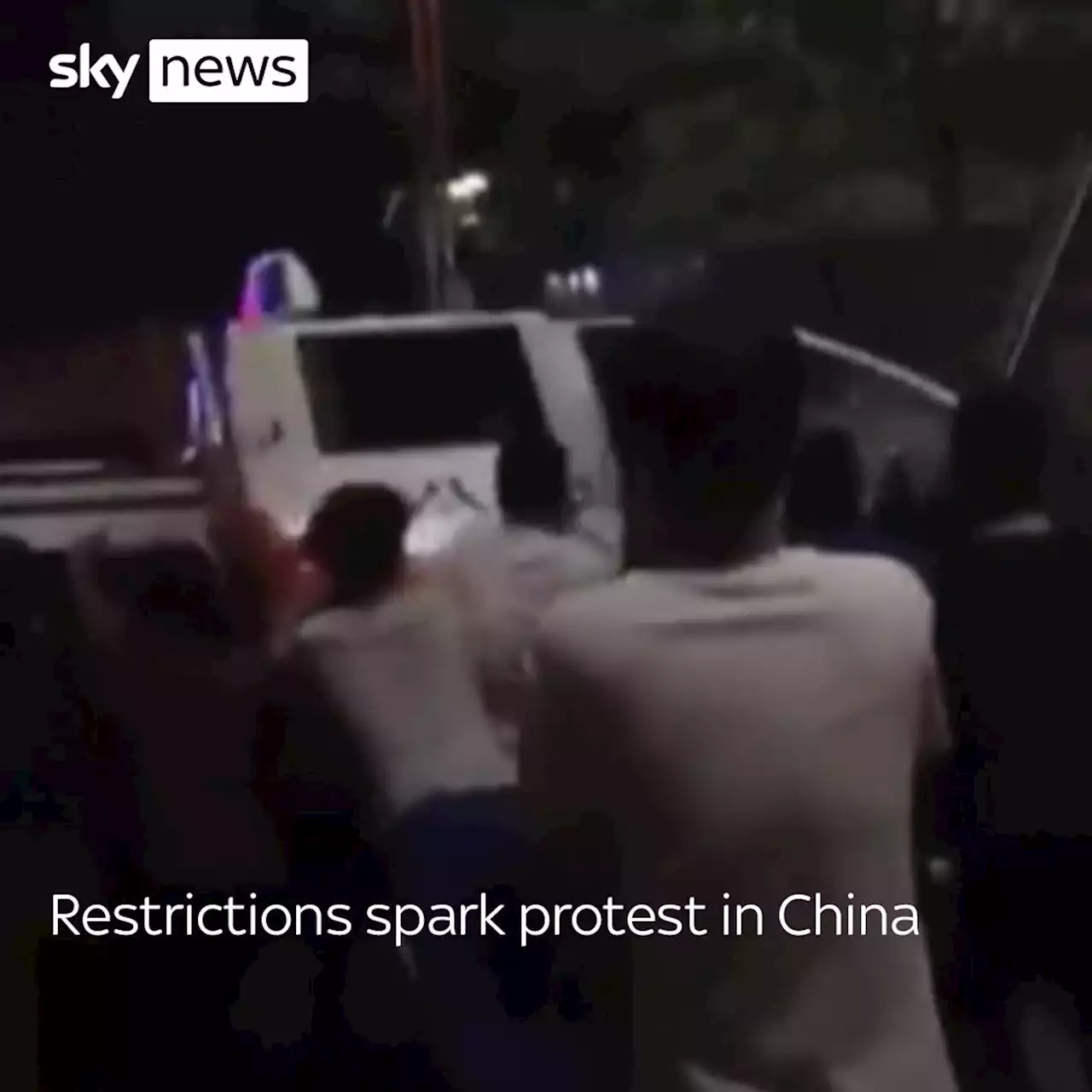Since the beginning of the week more than 5,000 new COVID cases have been reported in the city of Guangzhou, both symptomatic and asymptomatic. Restrictions have sparked protests in the street
What is the zero-COVID policy?China's ruling party has called for strict adherence to the"zero-COVID" policy across the country.
The strategy has seen millions of residents confined to their homes, subject to mass testing programmes and enduring sudden lockdowns in areas where cases or their close contacts have been detected. The number of COVID cases being recorded in the country remains low by global standards, but some are concerned the harsh restrictions are holding back the economy and putting China out of sync with the rest of the world.On Saturday, health officials announced they would modify anti-virus controls, but that did not mean they were ending.
Under the changes, some foreign businesspeople and athletes visiting China will be allowed to move within a contained area without quarantining, and rules on who counts as a contact of infected people are to be more focused, reducing the number affected.
Economists and public health experts say China's capital Beijing might be able to start winding down the COVID rules in mid-2023, but needs to vaccinate tens of millions of elderly people before controls on foreign visitors end.
United Kingdom Latest News, United Kingdom Headlines
Similar News:You can also read news stories similar to this one that we have collected from other news sources.
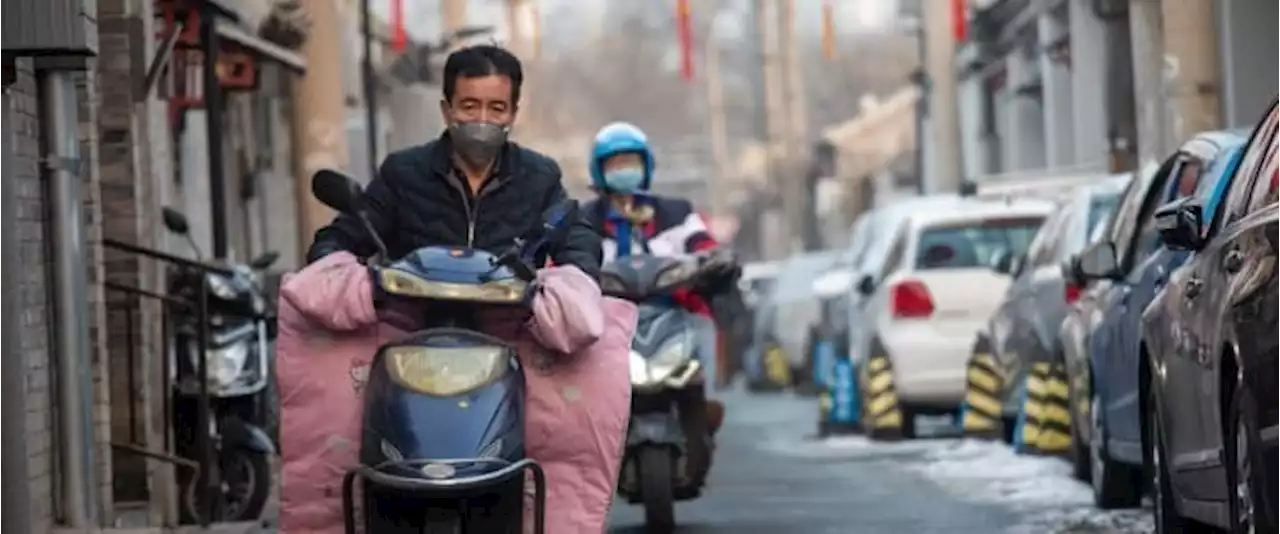 Global Markets Breathe Sigh Of Relief As China Relaxes Covid Rules | OilPrice.comGlobal markets are breathing a sigh of relief as China finally relaxes some of its strict Covid rules
Global Markets Breathe Sigh Of Relief As China Relaxes Covid Rules | OilPrice.comGlobal markets are breathing a sigh of relief as China finally relaxes some of its strict Covid rules
Read more »
 The rare symptom that is an early sign you have Covid as cases climbThe rare symptom that is an early sign you have Covid as cases climb - often affecting children
The rare symptom that is an early sign you have Covid as cases climbThe rare symptom that is an early sign you have Covid as cases climb - often affecting children
Read more »
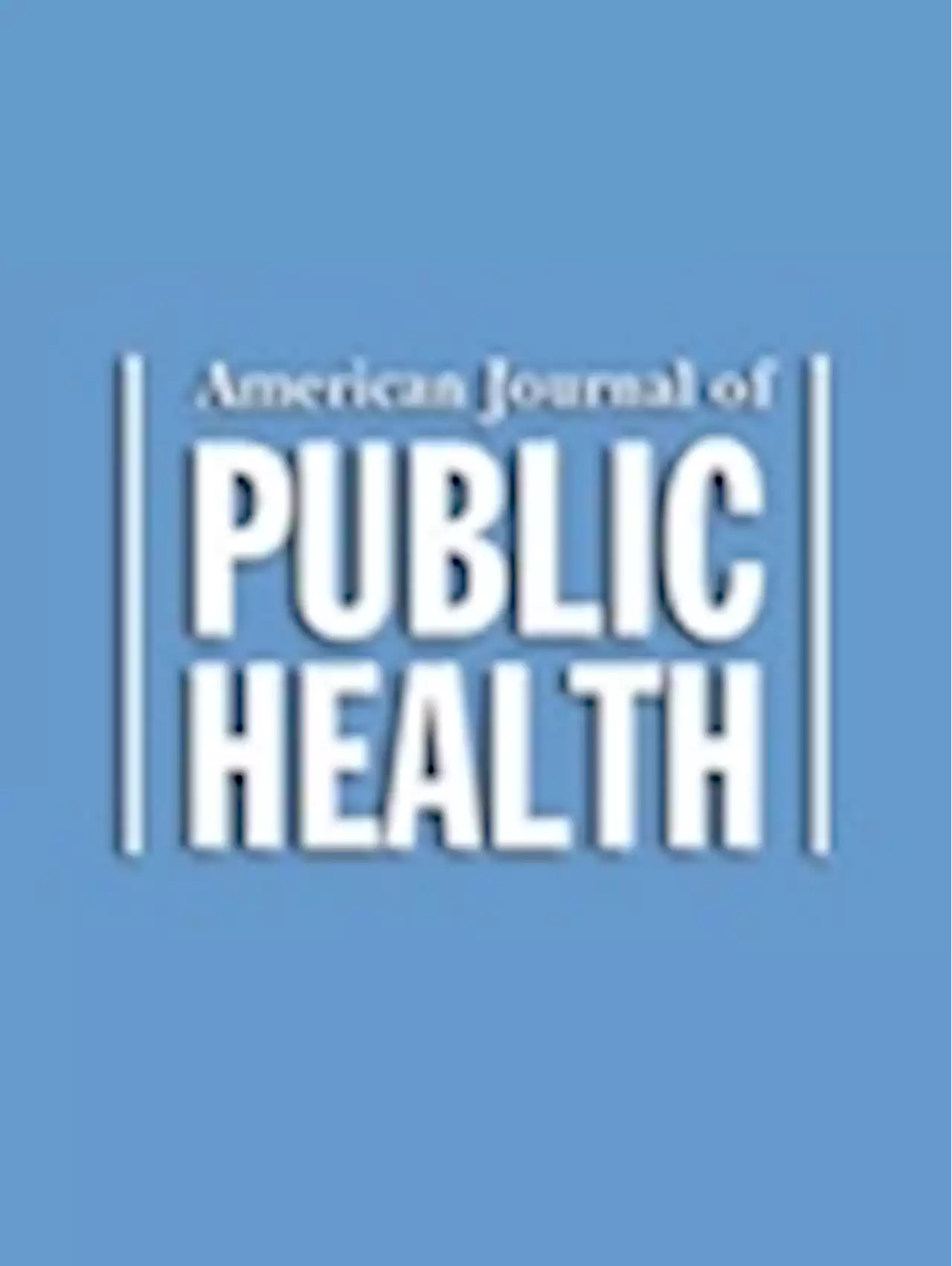 Timing and Trends for Municipal Wastewater, Lab-Confirmed Case, and Syndromic Case Surveillance of COVID-19 in Raleigh, North CarolinaObjectives. To compare 4 COVID-19 surveillance metrics in a major metropolitan area. Methods. We analyzed severe acute respiratory syndrome coronavirus 2 (SARS-CoV-2) RNA in wastewater influent and primary solids in Raleigh, North Carolina, from April 10 through December 13, 2020. We compared wastewater results with lab-confirmed COVID-19 cases and syndromic COVID-like illness (CLI) cases to answer 3 questions: (1) Did they correlate? (2) What was the temporal alignment of the different surveillance systems? (3) Did periods of significant change (i.e., trends) align? Results. In the Raleigh sewershed, wastewater influent, wastewater primary solids, lab-confirmed cases, and CLI were strongly or moderately correlated. Trends in lab-confirmed cases and wastewater influent were observed earlier, followed by CLI and, lastly, wastewater primary solids. All 4 metrics showed sustained increases in COVID-19 in June, July, and November 2020 and sustained decreases in August and September 2020. Conclusions. In a major metropolitan area in 2020, the timing of and trends in municipal wastewater, lab-confirmed case, and syndromic case surveillance of COVID-19 were in general agreement. Public Health Implications. Our results provide evidence for investment in SARS-CoV-2 wastewater and CLI surveillance to complement information provided through lab-confirmed cases. (Am J Public Health. Published online ahead of print November 10, 2022:e1–e11. https://doi.org/10.2105/AJPH.2022.307108)
Timing and Trends for Municipal Wastewater, Lab-Confirmed Case, and Syndromic Case Surveillance of COVID-19 in Raleigh, North CarolinaObjectives. To compare 4 COVID-19 surveillance metrics in a major metropolitan area. Methods. We analyzed severe acute respiratory syndrome coronavirus 2 (SARS-CoV-2) RNA in wastewater influent and primary solids in Raleigh, North Carolina, from April 10 through December 13, 2020. We compared wastewater results with lab-confirmed COVID-19 cases and syndromic COVID-like illness (CLI) cases to answer 3 questions: (1) Did they correlate? (2) What was the temporal alignment of the different surveillance systems? (3) Did periods of significant change (i.e., trends) align? Results. In the Raleigh sewershed, wastewater influent, wastewater primary solids, lab-confirmed cases, and CLI were strongly or moderately correlated. Trends in lab-confirmed cases and wastewater influent were observed earlier, followed by CLI and, lastly, wastewater primary solids. All 4 metrics showed sustained increases in COVID-19 in June, July, and November 2020 and sustained decreases in August and September 2020. Conclusions. In a major metropolitan area in 2020, the timing of and trends in municipal wastewater, lab-confirmed case, and syndromic case surveillance of COVID-19 were in general agreement. Public Health Implications. Our results provide evidence for investment in SARS-CoV-2 wastewater and CLI surveillance to complement information provided through lab-confirmed cases. (Am J Public Health. Published online ahead of print November 10, 2022:e1–e11. https://doi.org/10.2105/AJPH.2022.307108)
Read more »
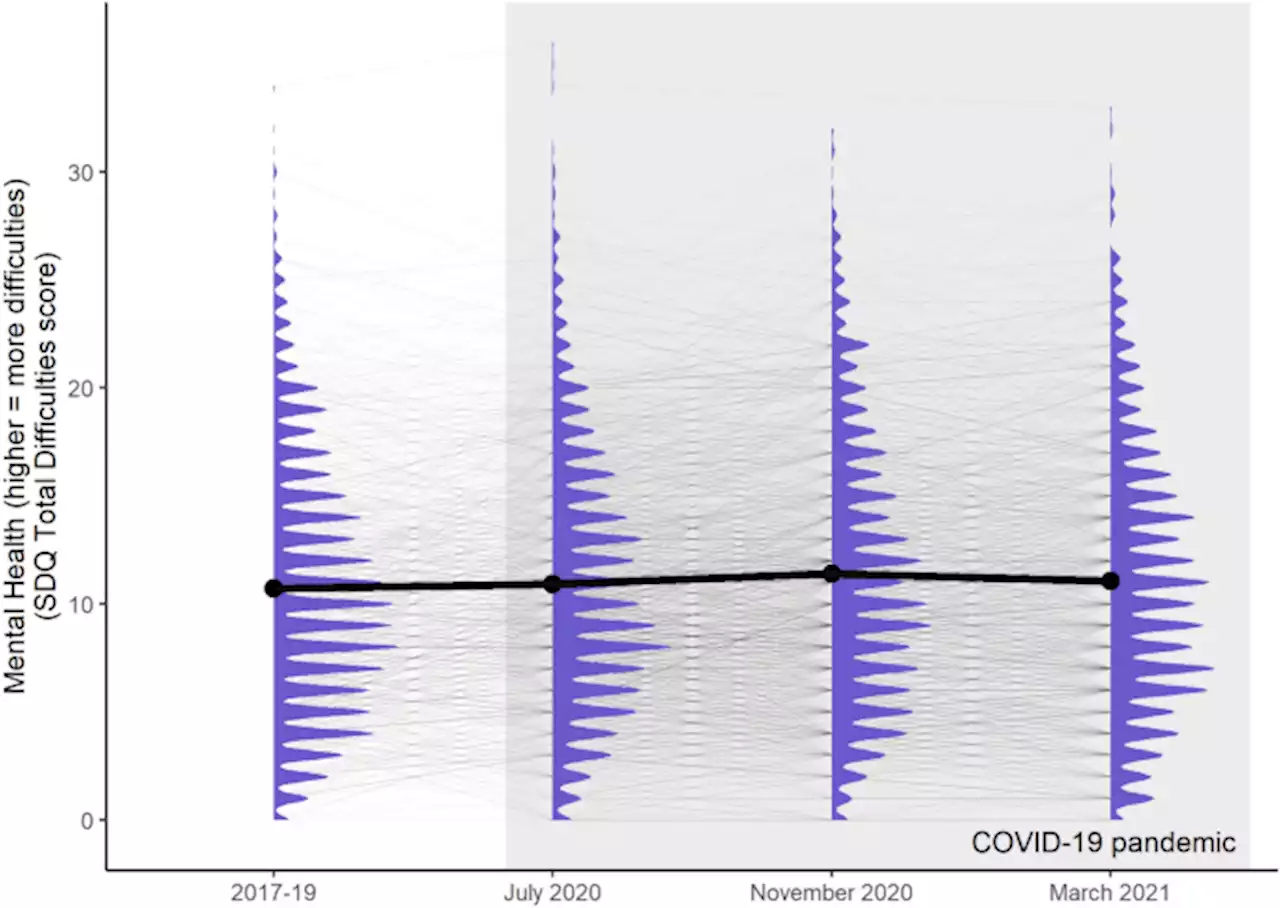 Digital access constraints predict worse mental health among adolescents during COVID-19 - Scientific ReportsLack of computer access linked to poorer mentalhealth in youngpeople during COVID-19 pandemic Cambridge_Uni SciReports
Digital access constraints predict worse mental health among adolescents during COVID-19 - Scientific ReportsLack of computer access linked to poorer mentalhealth in youngpeople during COVID-19 pandemic Cambridge_Uni SciReports
Read more »
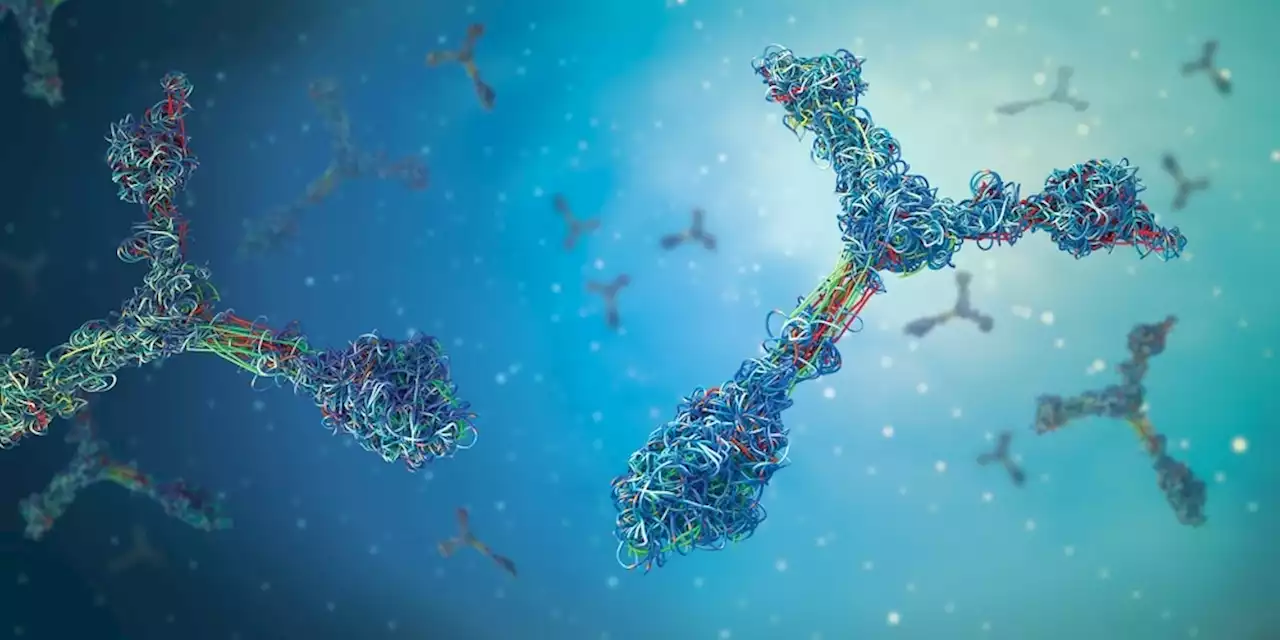 Long-term humoral response and its determinants following 2- and 3-dose COVID-19 mRNA vaccinesResearchers compared the waning of vaccine-induced immunity from two and three doses of mRNA COVID-19 Pfizer-BioNTech vaccine BNT162b2 by conducting a repeated serological study to assess the prolonged humoral response.
Long-term humoral response and its determinants following 2- and 3-dose COVID-19 mRNA vaccinesResearchers compared the waning of vaccine-induced immunity from two and three doses of mRNA COVID-19 Pfizer-BioNTech vaccine BNT162b2 by conducting a repeated serological study to assess the prolonged humoral response.
Read more »
